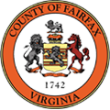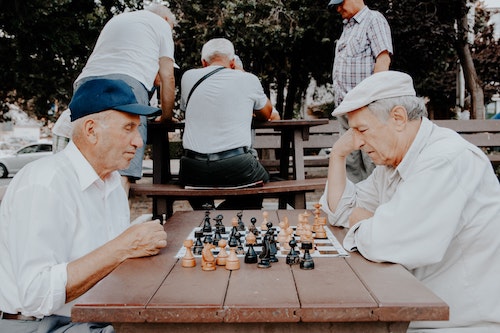A recent report from the National Academies of Sciences, Engineering, and Medicine (NASEM) revealed that more than a third of adults aged 45 and older feel lonely. Almost one-fourth of people aged 65 and older are socially isolated.
What’s the difference between loneliness and social isolation? The CDC has a good explanation: “Loneliness is the feeling of being alone, regardless of the amount of social contact. Social isolation is a lack of social connections.”
Loneliness isn’t just a bad feeling. It’s damaging to your physical and emotional health. Social isolation is linked to an increased risk of stroke, heart disease, dementia and premature death. Loneliness is linked to a higher risk of depression, anxiety and suicide. (If you are having thoughts about hurting yourself, call the National Suicide Prevention Lifeline for 24/7, free and confidential support: 1-800-273-8255.)
You can assess social isolation risk for yourself or a loved one by using the Connect2Affect Social Isolation Self Assessment tool. And if you are feeling lonely or disconnected, is there anything you can do? Yes! We’ve gathered 12 resources and ideas for you. Try one today and see what happens.
How to Strengthen Your Social Connections
1. Join an exercise group. We have fitness programs for older adults listed on SeniorNavigator.
2. Add one new thing to your calendar. Browse our community calendar for virtual classes, support groups and events.
3. Find a volunteer position that fits your skills. Helping others can help your own mental health. This guide to volunteering can help you get started. Search “volunteer” on VirginiaNavigator.org to discover needs in your area. If you’d prefer to volunteer from home, search thousands of virtual volunteer opportunities on VolunteerMatch.
4. Learn something you never knew before. Taking a class challenges your brain and connects you with other curious people. Take a look at the lifelong learning programs listed on SeniorNavigator. You’ll find technology training, online university courses, and more.
5. Call the Friendship Line. Do you feel lonely because no one ever calls? You can change that today. Call the Institute on Aging’s 24-hour toll-free Friendship Line to chat confidentially with a caring volunteer. You can also request that someone call you on a regular basis, just for conversation.
6. Visit How Right Now. How Right Now is a website is a communications campaign designed to promote and strengthen the emotional well-being and resiliency of people who are adversely affected by COVID-19–related stress, grief, and loss. Say (anonymously) how you’re feeling, and the site will suggest actions or resources that may help.
7. Contact your local senior center. There are more than 150 senior centers throughout Virginia. These centers, and the Area Agencies on Aging that run them, are great places to make social connections. Enrich your life with the recreation, social, nutrition and education programs they offer. Senior centers in Virginia also offer Friendship Cafes and telephone check-in programs.
8. Connect via tech. Use our Caregiver Tech Tool Finder to find social-connection apps and websites designed to strengthen your relationships and stay active.
9. Get personalized help using technology for social engagement. For no cost, the friendly staff at Virginia Assistive Technology Systems (VATS) can help you learn about available tech, select the best devices for your lifestyle, and receive training on how to use the selected device. Get a Social Connection Assistive Technology Consultation.
10. Make a new friend in your neighborhood. Not sure how to reach out? This guide can help you make connections close to home.
11. Step outside your comfort zone. If you feel like you’re locked into a dull daily routine, maybe it’s time to try something new. Here’s a quick guide on how to reinvent yourself in retirement.
12. Find local resources that can help. On SeniorNavigator, search our listings for local social connection and emotional well-being programs and services.


